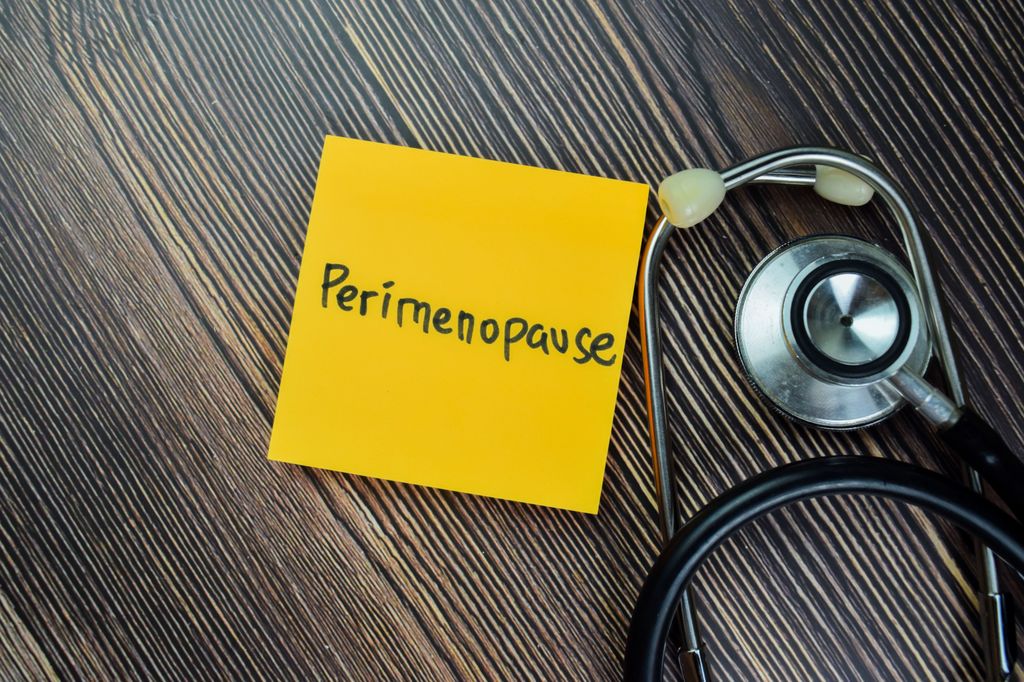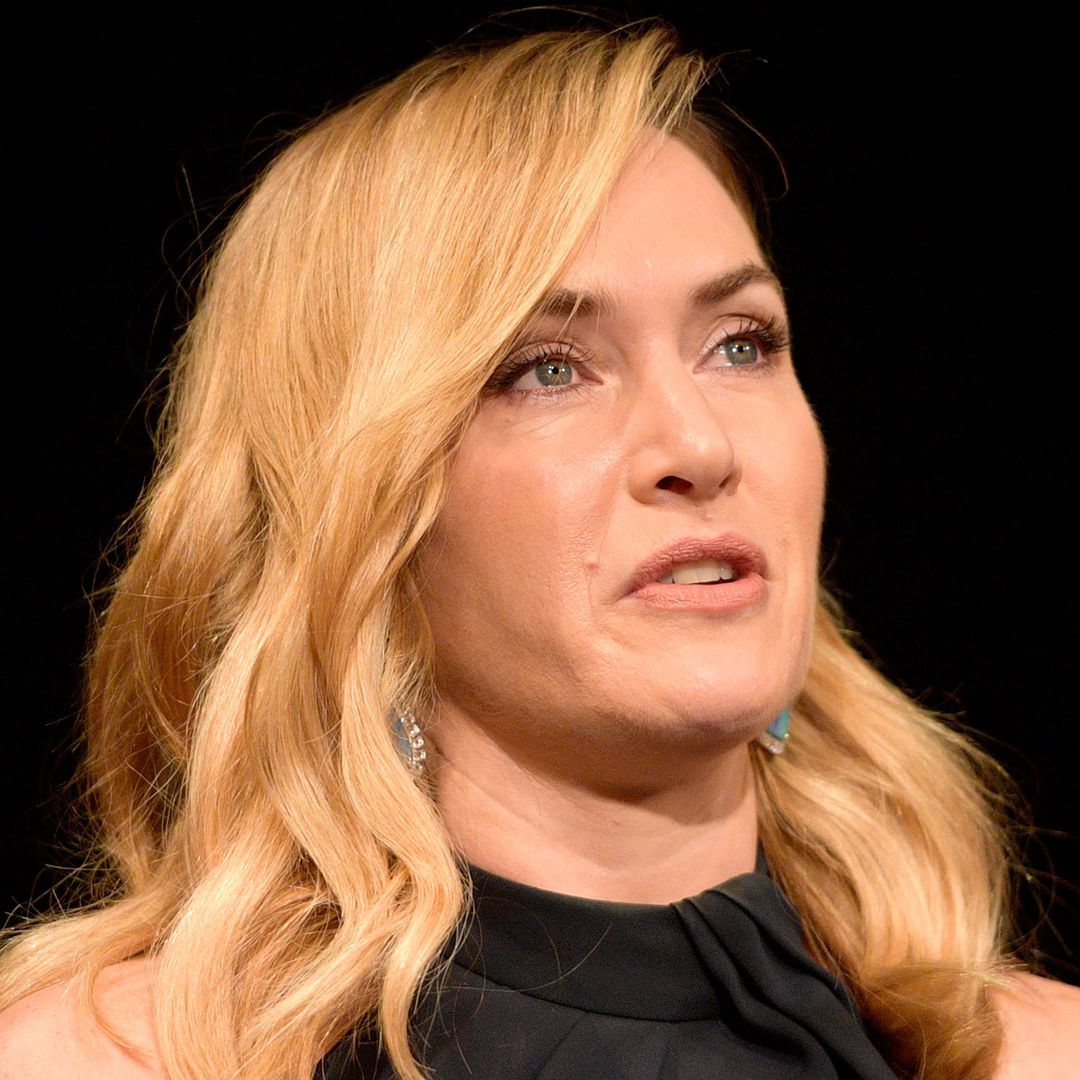Perimenopause, the hormonal period of a woman’s life that leads up to menopause, can come with many confusing and often unexpected symptoms. Yes, we all know that hot flashes and mood swings are common symptoms, but did you know that heart palpitations and low libido can also be a sign that you’re in perimenopause?
According to Dr. Somi Javaid, a renowned OBGYN and founder of HerMD, a women’s health organisation that is revolutionizing the future of women’s health care, understanding perimenopause and the symptoms that comes with it, is crucial for navigating this hormonal stage with confidence.
Understand the signs of perimenopause
“There are so many symptoms of perimenopause other than hot flashes,” Dr. Javaid explains to HELLO!. “It is truly the sister diagnosis to menopause, except in perimenopause there are still menstrual cycles occurring.”
“We have estrogen receptors all over our bodies and for this reason, as our estrogen levels fluctuate markedly during perimenopause, we can experience a wide range of symptoms from head to toe, like joint pain, insomnia, low libido, night sweats, brain fog, and mood changes to name just a few."
Stay informed with reliable resources
Being informed is being empowered and when it comes to finding reliable information to help you navigate perimenopause symptoms, Dr. Javaid recommends a combination of trusted sources, including books, social media, apps, and healthcare providers.
READ: Unboxing menopause: why fear shouldn't dictate our heath choices
"Wonderful books I recommend include You Are Not Broken by Kelly Casperson, Estrogen Matters by Avrum Bluming, and The Menopause Brain by Lisa Mosconi,” she advises.
Dr Javaid also says to check out HerMD for finding useful healthcare resources and suggests following experts like Rachel Rubin MD, Tamsen Fadal and Dr. Marie Claire Haver on Instagram for brilliant medical and lifestyle perimenopausal tips. Dr Javaid also recommends the brilliant Rosy app by Dr. Lyndsey Harper if you feel lost in finding your perimenopausal healthcare needs.
Is it perimenopause? Or something else?
Understanding the difference between perimenopause symptoms and other medical conditions can be tricky, and Dr Javaid recommends that you ask the right experts to help you navigate the minefield.
"It’s important to track your new symptoms against your cycles," Dr. Javaid advises for those times that you’re unsure whether it’s your hormones, or something else to blame. "You can use a wearable device to collect biological data, and discuss your symptoms with your healthcare provider. Often, we need to review your medical history, medications, perform an examination, and draw blood work to differentiate between perimenopause and other health issues."
Managing hot flashes and mood swings
Common symptoms like hot flashes, night sweats, and mood swings can be treated and, Dr Javaid shares the benefits of starting hormone therapy during perimenopause with HELLO! "This aligns with preventing disease rather than chasing it," she explains. "We now understand that declining estradiol levels can negatively impact heart, bone, and brain health. It makes sense to treat symptoms and improve quality of life before menopause."
Be aware of the lesser-known symptoms (that tend to start early)
Women are often surprised by how early symptoms of perimenopause can appear. "Heart palpitations, brain fog, weight gain, and low libido tend to catch my patients off guard," says Dr. Javaid. "These symptoms can start as early as ten years before menopause.
Talk about sex
One area that often surprises women is the impact of perimenopause on sexual health admits Dr Javaid. "Sexual health is health care," Dr. Javaid emphasizes. "It impacts confidence, mental health, relationships, and pelvic floor health. A decrease in estrogen and testosterone can negatively affect arousal, desire, pain, satisfaction, lubrication, and orgasm."
For women experiencing low sex drive, Dr Javaid says there are some great non-hormonal treatments like Addyi and Vyleesi available and if you’re experiencing sexual pain and vaginal dryness then localized hormone therapy, such as estrogen or Intrarosa are great.
“A properly trained provider, listed on the ISSWSH website, can guide women through their sexual health journey and curate a treatment plan that takes biological, psychological, and social factors into account.”
Be regular with OBGYN Visits
Dr. Javaid stresses the need for regular visits to your OBGYN during perimenopause. "An individual should see their provider at least once a year,” she explains. “Screenings for cervical and breast cancers, cholesterol, thyroid, and overall health tests are critical at this stage. Cardiovascular risk assessment is particularly important, as heart disease is the leading cause of death among women."















